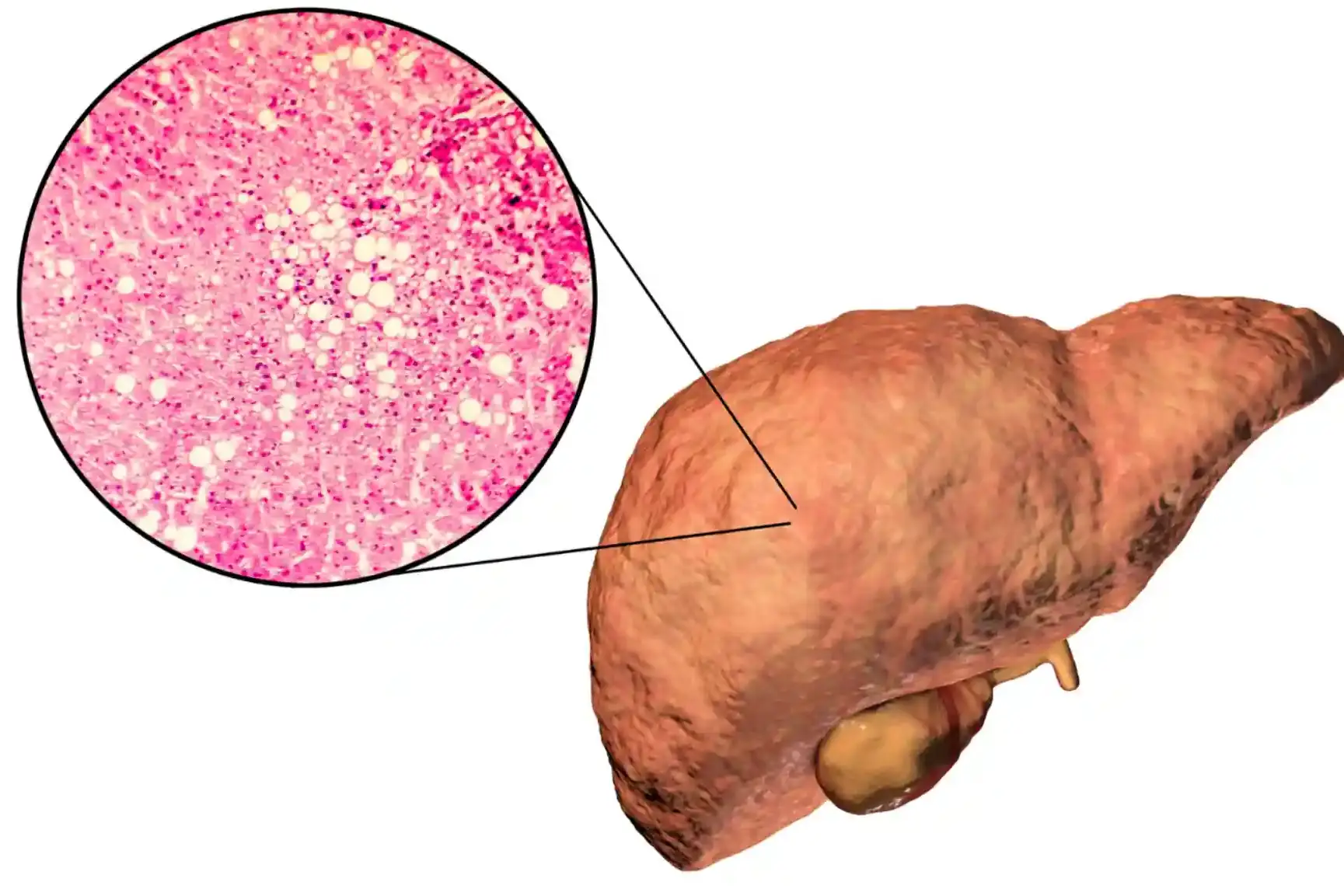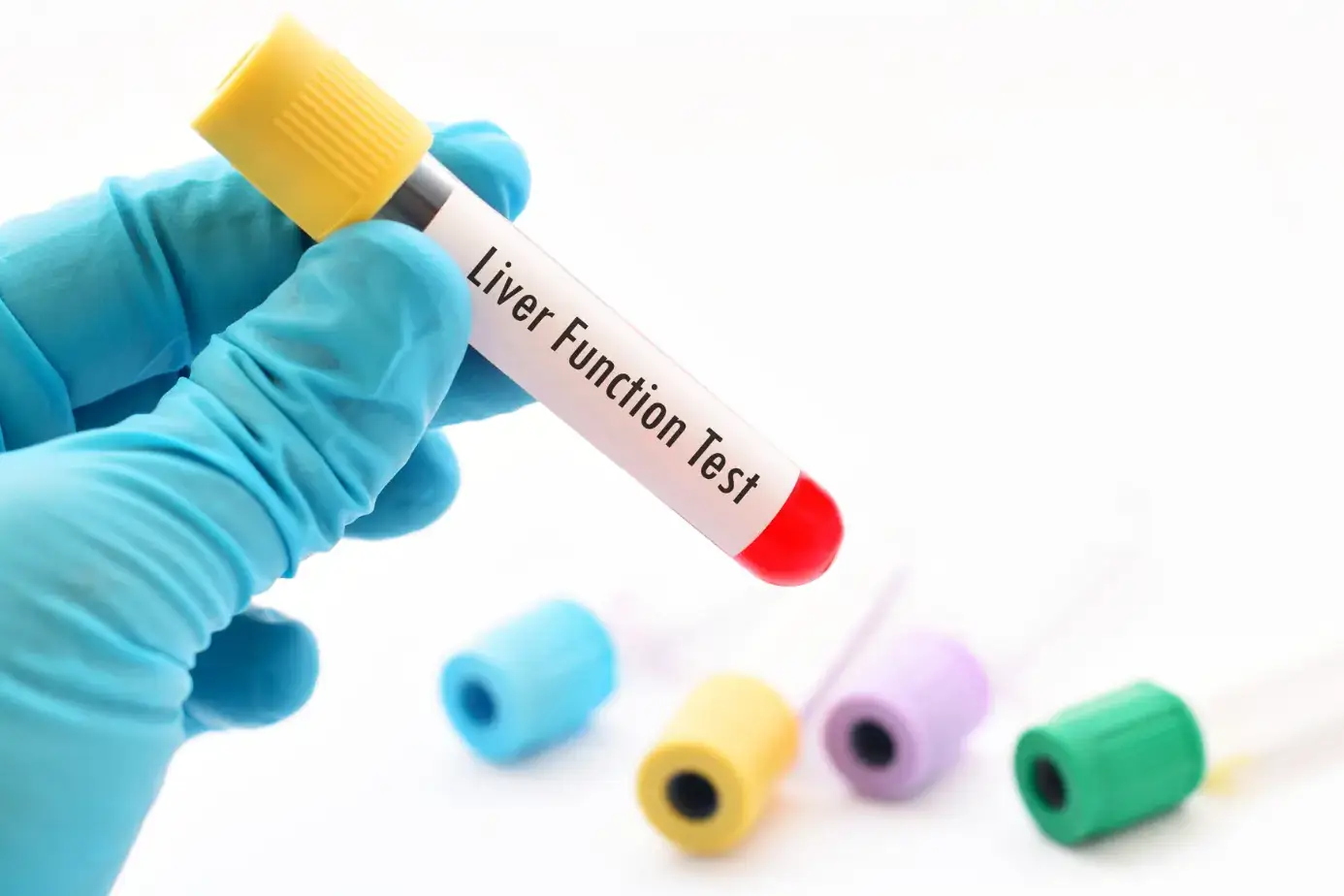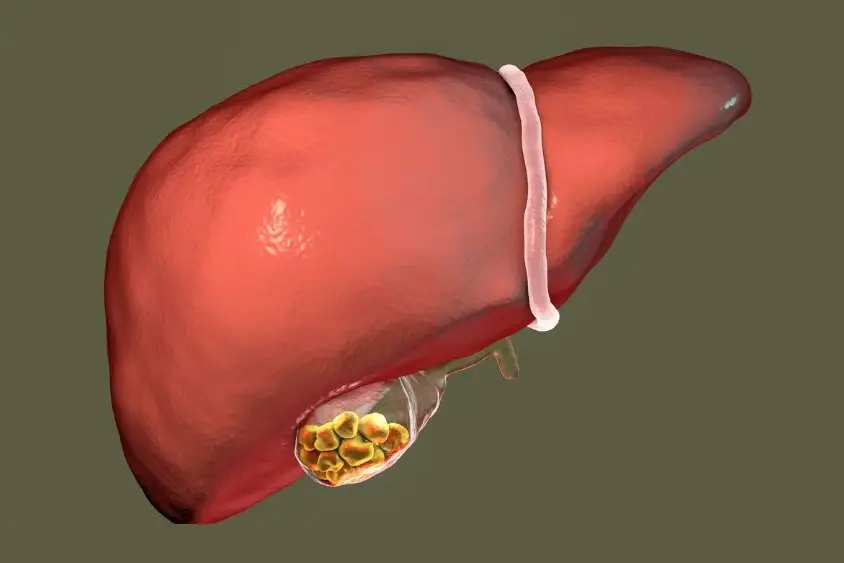Severe Food Poisoning Meaning
Severe food poisoning is an illness occurring due to eating food contaminated by pathogens. Food poisoning is caused by pathogens like viruses, bacteria, and parasites. These infection-causing organisms can contaminate the food at the step of processing or production. Even the home food can also get infected if not properly cooked, stored or handled. Vomiting, diarrhoea, or nausea are the most commonly visible food poisoning symptoms. Severe food poisoning symptoms can appear within a few hours of eating contaminated or spoiled food. Seek an Online Doctor chat on first signs of symptoms appearance.
Table of Contents
ToggleSevere Food Poisoning Causes
Food can get contaminated at any step of the production, right from growing to harvesting, processing, storing, and transporting. The pathogens that get transferred from one surface to another are often the primary cause. Ready to eat and raw foods like unprocessed meat, salads, and other foods are more prone to contamination. As these foods are uncooked, pathogens do not get destroyed and lead to food poisoning. You might experience symptoms in as little as 2 hours to a few days. Severe Food poisoning is caused by contaminants like
- E. Coli
- Botulism
- Rotavirus,
- Salmonella
- Campylobacter
- Shigella
- Listeria
Primarily, the foods that are likely to cause food poisoning are:
- Raw or undercooked poultry or meat
- Raw or undercooked eggs
- Unpasteurised dairy products
- Seafood and shellfish
- Improperly handled fruits and vegetables
- Sprouts such as moong beans
Severe Food Poisoning Symptoms
According to Gastrologist and Gastroenterologists ,different contamination sources can lead to different symptoms. But some common ones are abdominal cramps, vomiting, watery diarrhoea, nausea, and fever. Usually, the symptoms begin appearing within a few hours of eating the infected food. The sickness lasts from a few hours to some days.
It is best to consult an online gastroenterologist doctor if you experience any of the following symptoms:
- Inability to hold liquids and frequent vomiting
- Diarrhoea that lasts for more than three days
- Severe abdominal cramps
- Bloody vomit or stools
- Food poisoning fever
- Dehydration- constant thirst, dry mouth, severe weakness, and dizziness
- Neurological symptoms like blurred vision, tingling in arms and muscle weakness.
Food Poisoning Diagnosis
The condition is diagnosed by the best doctor in Patna for stomach with a physical examination. He may ask you for the medical history, including the duration for which you have been sick, the symptoms and the foods that you may have eaten before the symptoms appeared. He may also ask for some diagnostic tests like a blood test and a stool culture to identify the pathogen and the possible cause for food poisoning.
Food Poisoning Treatment
As per the best hepatologist in Delhi, the treatment will depend on the illness source and severity of the symptoms. The treatment involves:
- Replacing the fluid loss: A person with food poisoning is likely to experience diarrhoea. It causes loss of fluids and electrolytes. Your best gastroenterologist in Delhi will advise treatment to maintain the fluid balance of the body and prevent dehydration. People faced with severe diarrhoea or vomiting may also need hospitalisation where fluid loss is compensated intravenously.
- Medications: The best liver specialist in Delhi may recommend antibiotics in case you have a specific bacterial infection with severe symptoms. These medications do not help in viral infections. Talk openly to your gastro surgeon in Delhi about your options.
- Lifestyle changes and home remedies: Treatment can help relieve food poisoning symptoms, usually within 48 hours. However, to assist in complete recovery, it is best to make some lifestyle changes. You can avoid eating and drinking for a few hours to help your stomach rest and settle. Your best physician in Jammu city may ask you to consume probiotics. You need to avoid certain foods like caffeine, alcohol, dairy products, smoking, and fried foods. It would be best if you eased into eating bland and easy to digest foods slowly. He may also ask you to rest as dehydration and illness causes weakness and fatigue.
Food Poisoning Risks
You are potentially at a higher risk of getting ill after eating contaminated food if you come in any of the following groups:
- Infants and small children: The immunity of small children is not fully developed to fight off pathogens.
- Adults with chronic diseases: A chronic condition like liver disease, diabetes or receiving radiation or chemotherapy for cancer can reduce immunity.
- Older people: As we get older, the body becomes either ineffective in its responses or tends to respond slower to infectious organisms.
- Pregnancy: Metabolic and hormonal changes may increase the risk of foodborne illness.
Food Poisoning Prevention
Food poisoning occurrence can be avoided by following certain precautions like
- Wash your hands thoroughly with warm water and soap for at least 20 seconds before handling food, after using washrooms, touching animals, and changing baby diapers.
- Do not prepare food if you have skin ailments or infections like open sores.
- Keep the different food types separate during preparation and in the refrigerator.
- Use different cutting boards for raw and cooked foods.
- Cook the food at enough high temperature that it reaches the core of the food to kill all possible pathogens
- Some foods like raw eggs and meat are more prone to cause food poisoning. It will help if you are careful in handling it.
- Do not let leftovers sit outside; refrigerate them as soon as possible.
- Maintain the temperature of cold and hot foods. Frequent temperature changes cause pathogens to breed.
- Do not let small children lick the spoon if the ingredient of the food is raw eggs.
FAQs
- Is food poisoning the same as a foodborne illness?
Yes, the terms mean the same. Foodborne illness is food poisoning caused by eating food contaminated with harmful pathogens.
- Is food poisoning caused mainly by bacteria and viruses?
Yes, bacteria and viruses are the most common cause of food poisoning. Though food poisoning can also occur due to contamination by fungi, parasites, chemicals, and toxins.
- Which foods are most likely to be contaminated?
Uncooked foods, raw foods, undercooked eggs, unpasteurized dairy, and milk products can get spoiled faster.
Also Read:
About The Author

Medically reviewed by Dr. Nivedita Pandey, MD, DM (Gastroenterology)
Dr. Nivedita Pandey is a U.S.-trained gastroenterologist and hepatologist with extensive experience in diagnosing and treating liver diseases and gastrointestinal disorders. She specializes in liver enzyme abnormalities, fatty liver disease, hepatitis, cirrhosis, and digestive health.
All content is reviewed for medical accuracy and aligned with current clinical guidelines.





